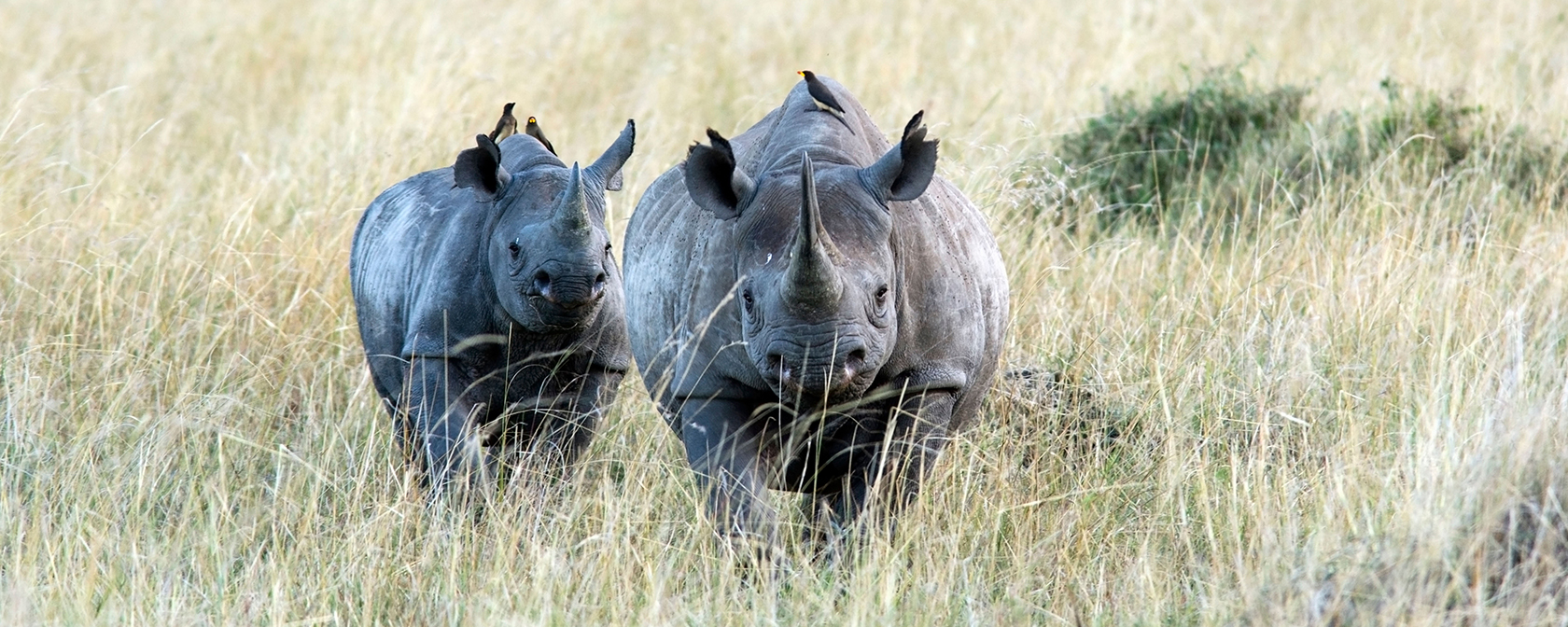By Kitty Block and Sara Amundson
Right now in Washington, DC, a single urgent plot line threads together the fate of many animals: wild species threatened by trophy hunting or the commercial wildlife trade, the North Atlantic right whale, the nation’s wild horses, the former research chimpanzees waiting for sanctuary, the pets of domestic violence survivors in need of safe shelter and the Tennessee Walking Horses and related breeds at risk from the painful practice of horse soring. The vital protections for animals we fought to embed in the government’s funding package for fiscal year 2022—protections that will make a lifesaving difference for all these animals—are at risk because of stalled negotiations between the House and Senate.
Animals cannot afford to lose these protections—and we need your help to save them. Thankfully, you can be a voice for animals by contacting your elected officials in the next few days and simply saying that you want them to support an agreement on the fiscal year 2022 appropriations bills. If an agreement isn’t reached, these provisions and funding would be punted to the next Congress, leaving animals who depend on this sort of support for their welfare and protection waiting.
Many of the federal actions that can make a difference for animals seek to stop a particular cruelty, to enhance inspection and enforcement efforts of facilities that house animals or to launch a new initiative or program designed to help animals. But much of our work involves building the case for enhanced government funding and support for animal protection initiatives via the rough-and-tumble world of congressional negotiations and budget-making. It is a labyrinthine process, but it is essential because it offers the opportunity to bundle animal-centric concerns into larger law-making packages and agreements. That’s what we did for the fiscal year 2022 deal, as we outlined here, here and here.
When you contact your elected officials, be sure to let them know that animal protection legislation is foremost in your mind. You can press their support for restrictions on the import of elephant and lion trophies from Zambia, Zimbabwe and Tanzania, and across-the-board funding increases for all the federal agencies involved in the struggle against wildlife trafficking and the spread of zoonotic disease spillover from wildlife markets. You can call their attention to the pressing need for more sheltering options for domestic violence survivors and their pets. You can cite the need for enhanced enforcement efforts targeting the cruelty of horse soring. You can draw their attention to the North Atlantic right whale’s extinction crisis, or the longstanding effort to retire former research chimpanzees from laboratories and into suitable sanctuaries for life. These are all pending in the funding package, and they’re all in there because of the efforts that you have helped us pursue over the last few months with our congressional allies.
Animals deserve these protections, and we’ve done too much and come too far to see those measures fall victim to a stalled-out negotiation or the adoption of a stopgap measure that lacks these valuable provisions and punts the problem of funding the government to the next Congress.
Kitty Block is President and CEO of the Humane Society of the United States.




